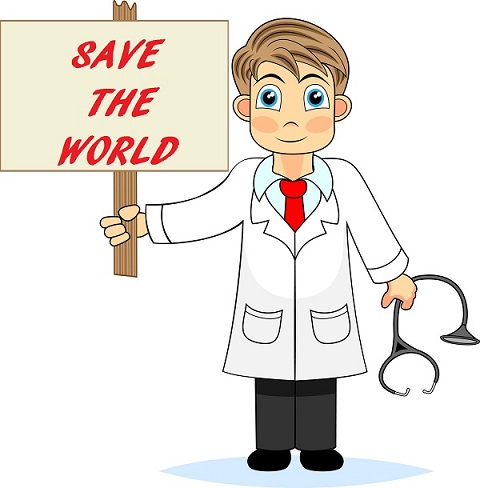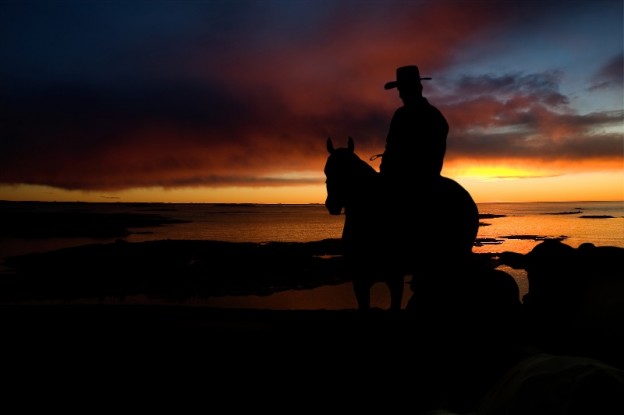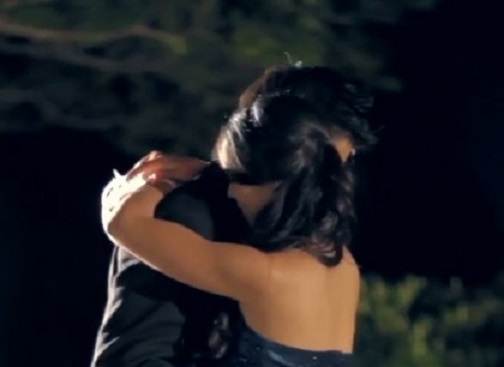I started medical school in 1975, around the time the image of physician as a kind, wise, helpful, infallible, and exclusively white male—mythologized by James Kildare, Marcus Welby, and the brooding Ben Casey—was becoming tarnished, replaced by a far more realistic but much less comforting version. In subsequent years, disappointment would turn to anger and cynicism, expressed in mutual distrust and an explosion of malpractice litigation.
My attending physicians in medical school and residency reflected that reality, varying widely in age, temperament and clinical competence. Some of them still embodied those traits patients held dear—compassion and genuine concern—but others had become short-tempered, sarcastic and condescending towards their patients, their colleagues, and those of us in training.
Those physicians reserved a special scorn for the latter-day Inquisition known as the Morbidity and Mortality Conference, during which the care of a physician whose patient suffered a bad outcome was scrutinized. The Grand Inquisitor presented the case piecemeal, pausing to offer up tidbits from the chart—lab results, x-rays, nurses notes—while sometimes occasionally professing amazement that the offending physician had missed something intuitively obvious to the most casual observer. Some of this may have been defensive; the fear of being in the hot seat one day. “There but for the grace of God go I.”
New physicians are invariably young, naïve and idealistic and I was no exception. I’d witnessed bad behavior first hand and swore I would be different. I would listen to my patients and wouldn’t rush them. I wouldn’t become an arrogant asshole. I wouldn’t be afraid to admit, “I don’t know.” Above all, I would make fixing all their problems my personal mission, instead of blithely dismissing their complaints as psychosomatic.
This delusion is comparable to your teenager telling you he or she will be a MUCH better parent than you were, with a similar rude awakening. It’s not as simple when your own butt is on the line and you’re the one making difficult decisions.
My most liberating experience was learning what I could NOT do. I couldn’t solve everyone’s problems, because many of them were rooted in psychosocial and economic realities that were beyond anyone’s power to affect, including mine. I could be empathetic and listen; I could offer suggestions. I could lead the horse to water but not force it to drink.
Some of my contemporaries drifted to the dark side, seduced by the golden handcuffs. The price one pays for the illusion of financial security includes exhaustion, substance abuse, divorce, and alienated children. Others later denounced their early altruism as “liberal naiveté,” wondering how they ever could have believed health care was a right and not a privilege. Two of them refuse to speak to me anymore because I thought our current health care system needed an overhaul.
I’m more comfortable treating the middle class and poor folk than with Yuppies, and I prefer small-town hospitals to the large and often predatory health care systems. My loyalties lie with the nurses and staff who make doing my job much easier, not with other physicians.
I lost a few battles but I think I ultimately won the war. I just did my best.
Clip Art: CanStock Photo




